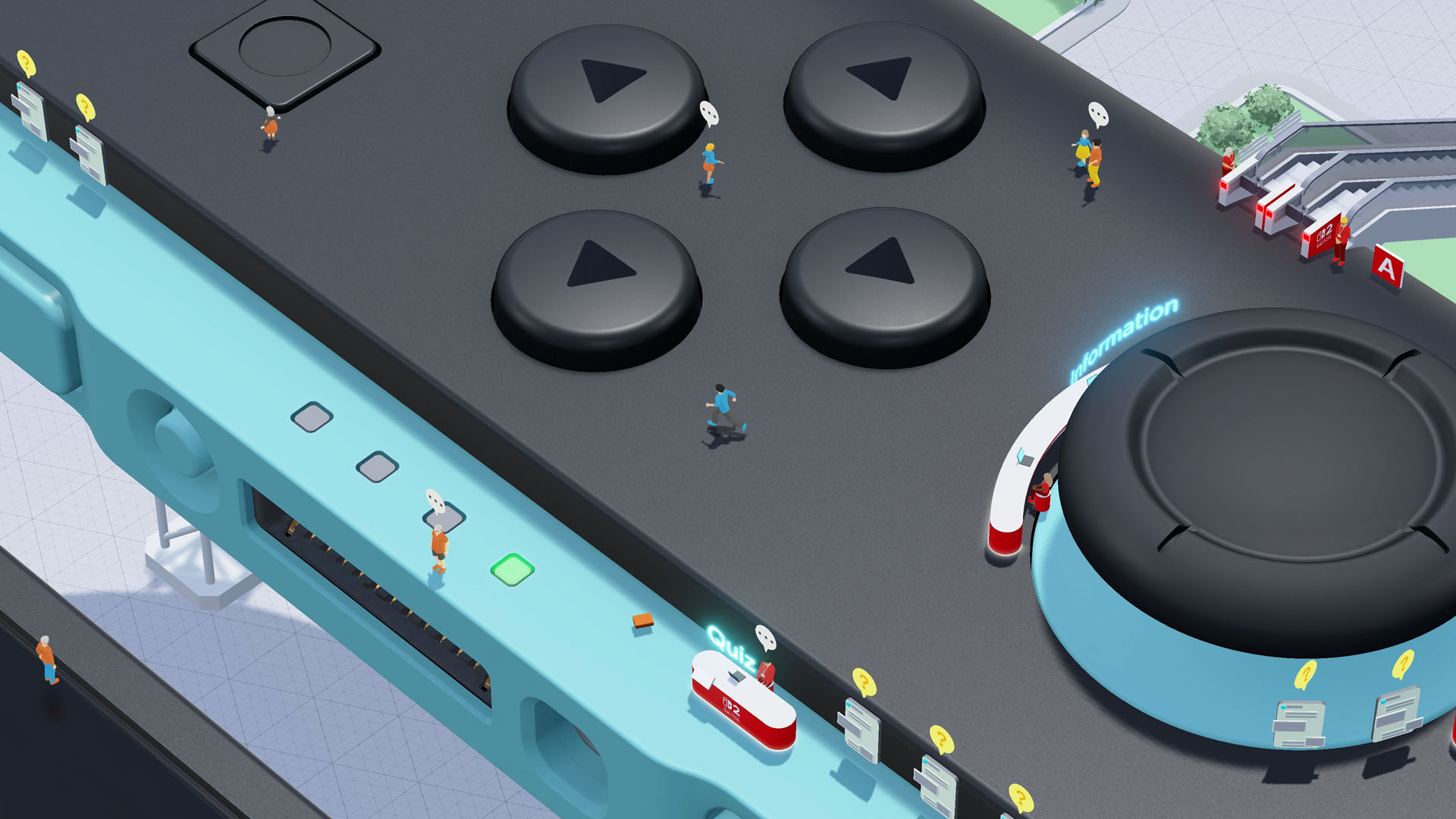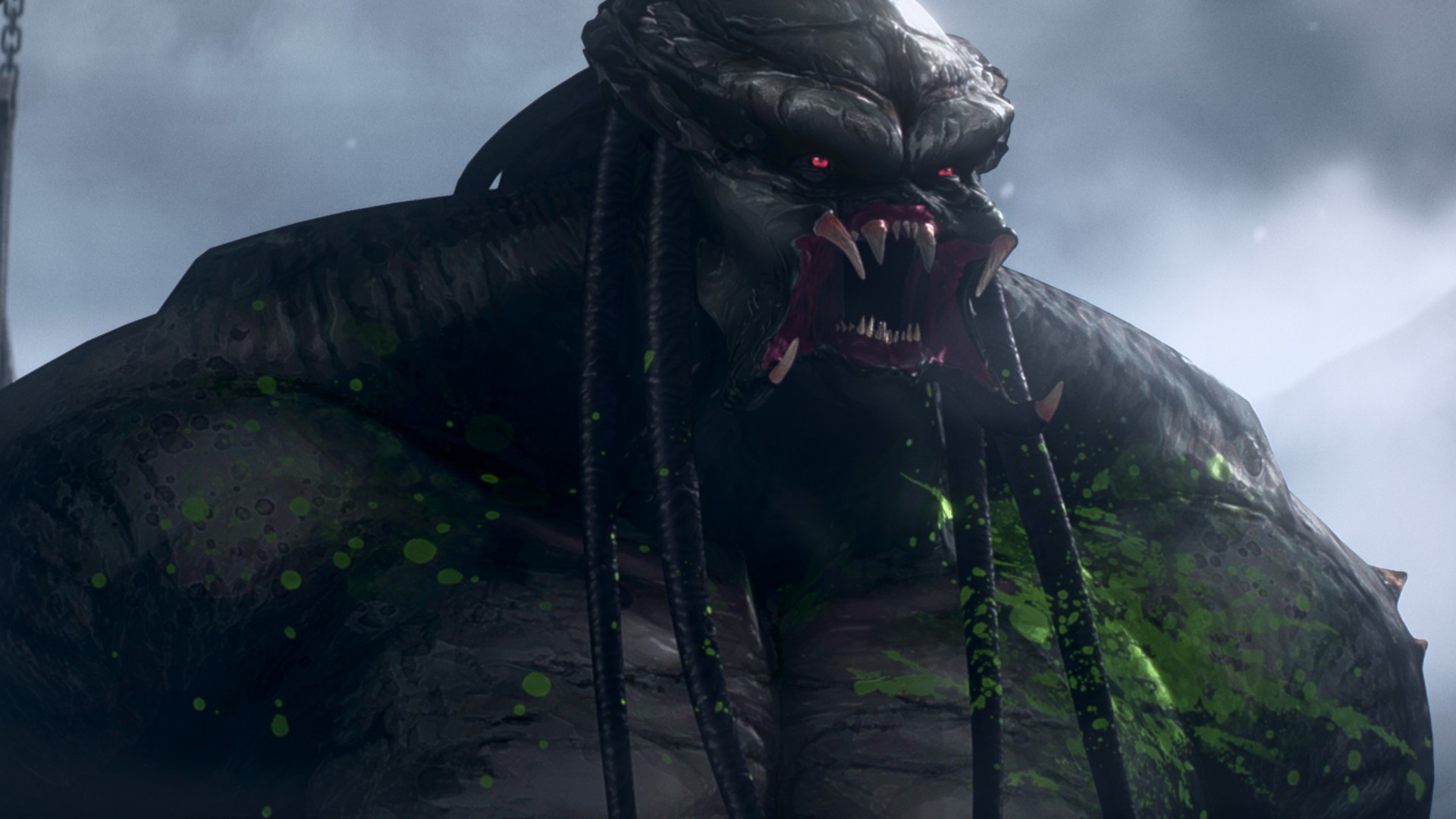Dune's warnings of AI have only been touched upon in Dune: Prophecy, but it's essential to understanding this franchise
Opinion: The spin-off taps into one of the most important corn꧂ಞerstones of Dune's world – and our own

Warning: This article contains spoilers for Dune: Prophecy episodes 1 and 2.
Set ꧂10,000 years before the era of🍸 Paul Atreides, Dune: Prophecy begins in the shadow of the Butlerian Jihad: a massive war between humans and "thinking machines," which led to the outlawing of AI.
In Dune: Prophecy’s prologue, this war looks a lot like Te♒rminator’s dystopian future. A giant, crab-like robot attacks human soldiers with a laser cannon, while Valya Harkonnen's voiceover talks about humans rising up against "the thinking machines that had enslaved them." A couple of generations later, humans have built a new way of life, cementing a feudal government system with an emperor overseeing a web of aristocratic houses and organizations like the Bene Gesserit sisterhood.
For the show’s lead characters Valya and Tula Harkonnen, the primary concern is their feud with the Atreides family, who came out of the war looking heroic whi🉐le the Harkonnens were branded as war criminals. But in a wider sense the fallout is more complicated, introducing a futuristic civilization that rejects computer technology. Instead of using machine intelligence, Dune's intergalactic empire prioritizes developing the human mind, whether that’s through mental training, genetic manipulation, or the consciousness-expanding drug known as spice.
Dune: Prophecy explores humanity's fear

In its first two episodes, Dune: Prophecy introduces an atmosphere of anti-AI paranoia. During the engagement party for Princess Ynez and Pruwet Richese in episode 1, the guests are horrified to learn that nine-year-old Pruwet is🦋 carrying around a robotic toy. He might as well have a nuke in his pocket, and the toy’s appearance is enough to cause a d🤪iplomatic scandal.
Ynez’s father꧟, Emperor Javicco Corrino, reluctantly handwaves this incident so the betrothal can go ahead. However his loyal soldier Desmond Hart is less forgiving. The episode's final scene sees Hart assassinate Pruwet using a mysterious superpower, burning him alive from the inside out. Then in episode 2, Hart insinuates that this was a reasonable punishment for Pruwet violating the ban on thinking machines, describing Pruwet’s death as "justice."
Before Hart owned up to the murder, Empress Natalya was already willing to blame AI for Pruwet's death in a mor🍨e literal sense. "You along with everyone else know the risks of thinking machines," she tells Pruwet’s grieving father. "They're unpredictable." Despite the lack of relevant evidence, she sees Pruwet’s rudimentary robot toy as a pꦆlausible explanation for an implausible death. This paints a picture of a society shaped by an extreme, borderline irrational fear of thinking machines, but that’s only half the story when it comes to Dune’s relationship with AI.
Sign up for the Total Film Newsletter
Bringing all the latest movie news, f🦩🌞eatures, and reviews to your inbox
So while Dune: Prophecy’s depiction of thinking machines is pretty ba🌸sic (Pruwet Richese’s toy; the prologue's killer robots), the Imperium's rejection of AI actually goes much ওdeeper, tapping into some of the oldest and most important foundations of Dune's world.
Dune: Prophecy is airing weekly, follow our 澳洲幸运5开奖号码历史查询:Dune: Prophecy release schedule so you don't miss an episode.
For more, check out our 澳洲幸运5开奖号码历史查询:Dune: Prophecy review or our guide to the other 澳洲幸运5开奖号码历史查询:best shows on HBO Max to add to your watchlist.

Gavia Baker-Whitelaw is a critic ♒and journali༺st specializing in geek culture, TV, and film. Previously a staff writer at the Daily Dot, she now freelances for a wide variety of outlets including TV Guide, Atlas Obscura, Inverse, Vulture and BBC radio. She also co-hosts the movie review podcast Overinvested.


